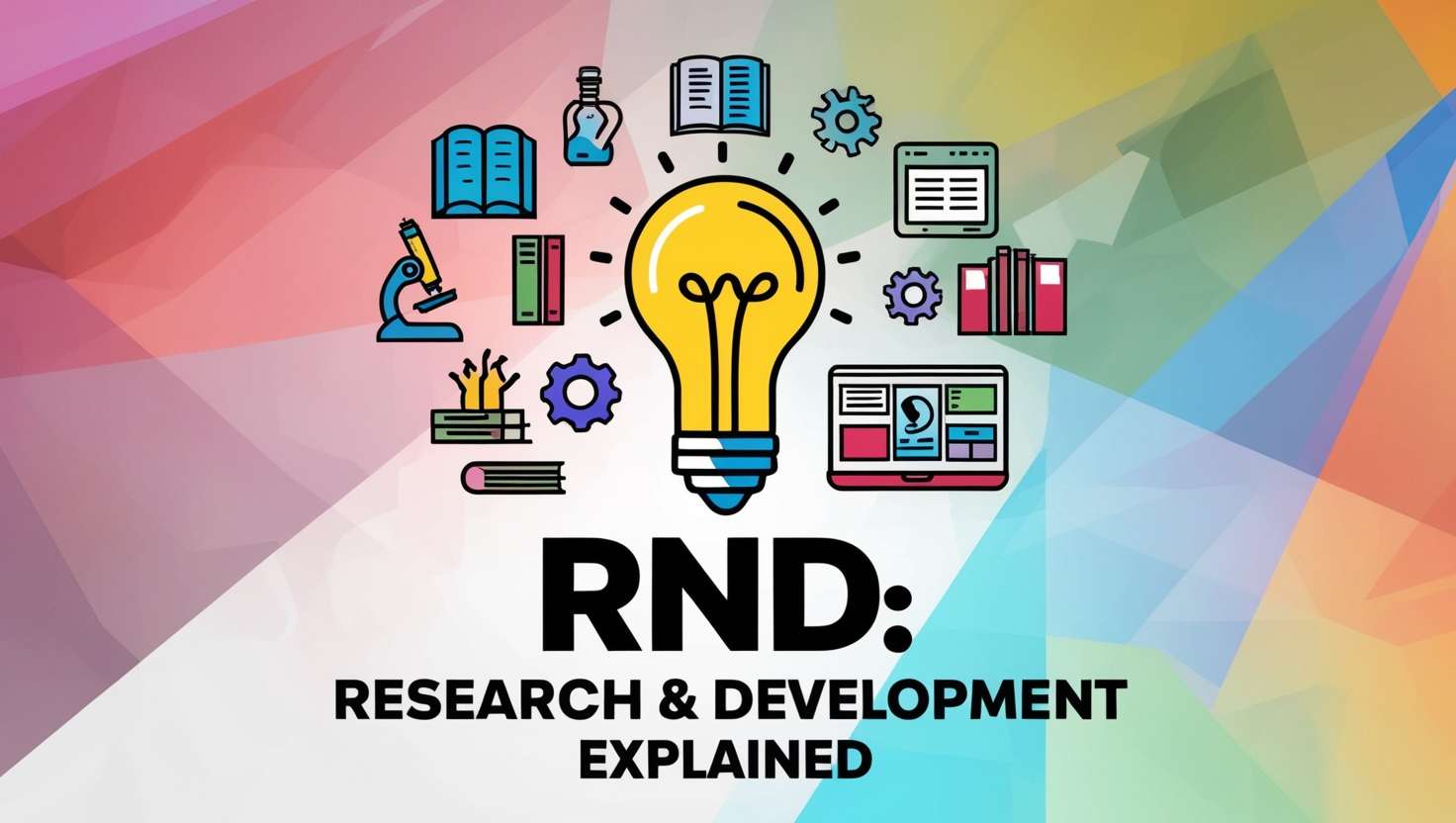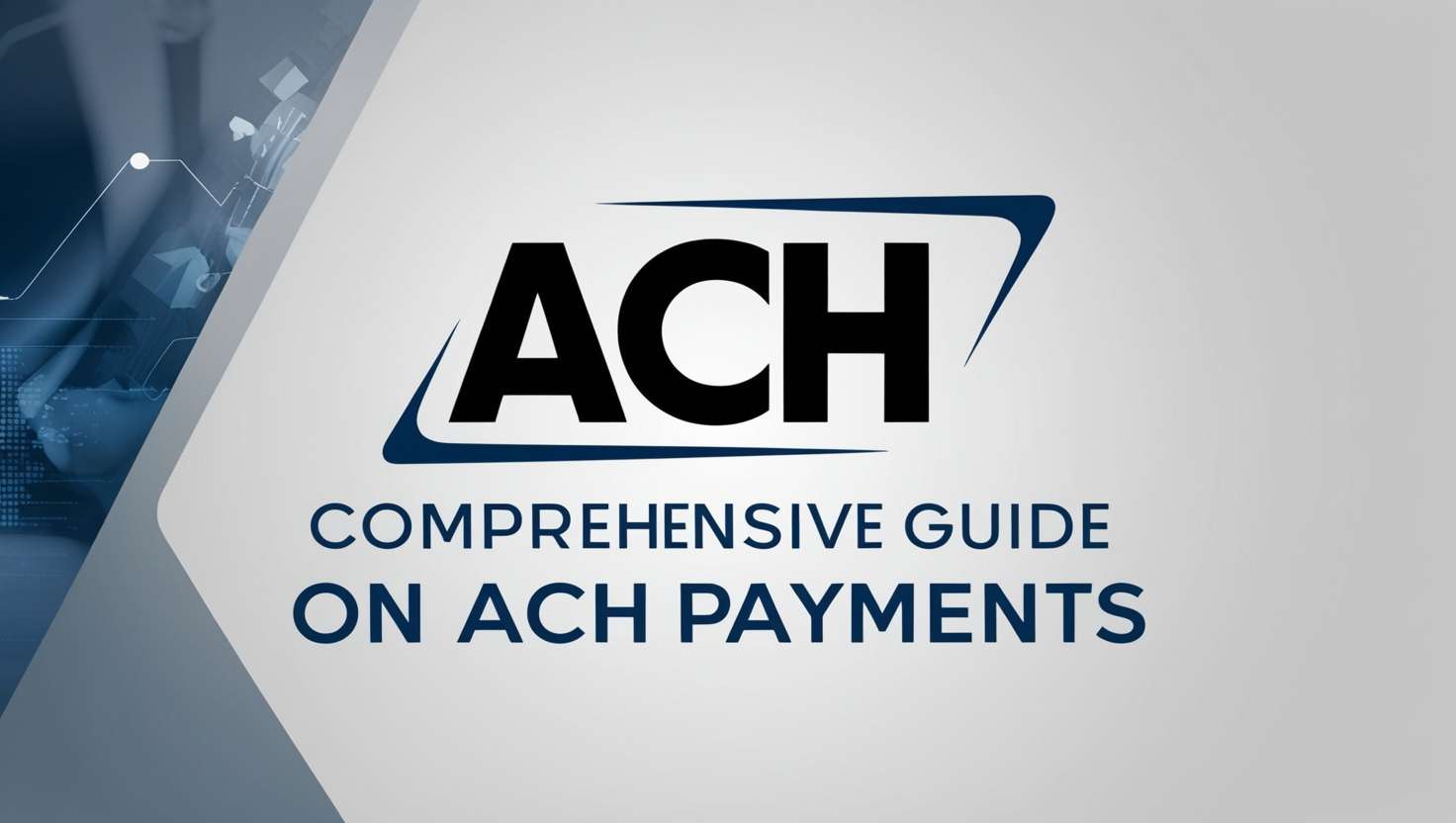Full Form of LDF
Full Form of LDF:- The Left Democratic Front (LDF) was born out of a desire to offer a robust alternative in Kerala’s political spectrum. Officially established in 1980, the coalition emerged from the need for a united leftist front to counterbalance the influence of the Indian National Congress(INC) and other political entities. Initially focusing on Kerala, the LDF’s principles and strategies soon resonated beyond state borders, impacting political discourse in West Bengal, Tamil Nadu, and other regions.
The coalition’s commitment to social justice and empowerment has been a driving force in its evolution. By positioning itself as a defender of the marginalized and an advocate for equitable development, the LDF has managed to carve out a significant niche in Indian politics. Over time, its influence has grown, cementing its status as a major player in shaping the state’s policies and governance.
SEE ALSO : News Full Form
Key Highlights
- The Left Democratic Front (LDF) is a prominent political coalition in Kerala, India, known for its left-wing ideologies.
- Formed in 1980, the LDF has governed Kerala for multiple terms, alternating power with the United Democratic Front (UDF).
- The coalition is led by the Communist Party of India (Marxist) [CPI(M)] and includes other leftist parties like the Communist Party of India (CPI).
- The LDF is recognized for its contributions to Kerala’s development, particularly in education and healthcare.
- However, the coalition has faced criticism for internal conflicts and alleged policy shortcomings.
Introduction
The Left Democratic Front (LDF) has been a formidable force in Kerala’s political arena, wielding significant influence since its inception. As a coalition of leftist parties, it has consistently challenged traditional power structures and shaped the political landscape of the state. This blog will offer a comprehensive exploration of the LDF, delving into its origins, ideological foundations, organizational structure, electoral performance, major achievements, and future prospects. By examining these facets, we aim to provide a clearer understanding of the LDF’s role and impact on Kerala’s socio political fabric.
SEE ALSO : CAA Full Form
Formation and Early Years of the LDF
The formal establishment of the LDF in 1980 marked a new era in Kerala’s political landscape. The coalition brought together various left-leaning parties, united by a common vision of socialism and social justice. Their debut in the 1980 assembly elections was a resounding success, with E.K. Nayanar from the Communist Party of India (Marxist) (CPI(M)) taking the helm as Chief Minister. This victory was not just a political triumph but a signal of a significant shift in Kerala’s governance.
In the initial years, the LDF focused on implementing socialist policies, including land reforms and social welfare programs. Their efforts to improve the lives of the marginalized and enhance public sector development were well-received, establishing a strong voter base that supported the coalition’s continued presence in the state’s political arena.
SEE ASLO : Etc Full Form
Significant Milestones in LDF’s History
The LDF’s journey has been marked by several pivotal milestones that have shaped its trajectory:
- 1987 Assembly Elections: The LDF achieved a significant victory, consolidating its power and reinforcing its position in Kerala politics. E.K. Nayanar’s second term as Chief Minister highlighted the coalition’s growing influence and its ability to deliver on its promises.
- 2006 Assembly Elections: Under the leadership of V.S. Achuthanandan, the LDF made a notable comeback after five years out of power. This victory was a testament to the coalition’s resilience and its ability to address the electorate’s concerns effectively.
- 2021 Assembly Elections: The LDF, led by Chief Minister Pinarayi Vijayan, created history by securing a consecutive term an achievement that had eluded any coalition in Kerala for four decades. This victory underscored the coalition’s enduring appeal and its success in implementing its development and welfare agendas.
SEE ALSO : CRP Full Form
Ideological Foundations of the LDF Coalition
The ideological foundation of the LDF is deeply rooted in Marxist Leninist principles, which inform its policies and governance strategies. The coalition’s core beliefs revolve around socialism, economic equality, and social justice. This belief shows up in different ways:
- Social Justice: The LDF’s policies prioritize reducing economic disparities and enhancing social welfare. This includes extensive support for labor rights, land reforms, and access to education and healthcare.
- Secularism and Pluralism: The LDF upholds secularism and pluralism as fundamental values. It seeks to create an inclusive society where diverse communities coexist harmoniously and have equal opportunities.
- Economic Equality: The coalition advocates for a fair distribution of resources and wealth, focusing on empowering the working class and marginalized groups.
Influence of Marxism and Socialism
Marxism and socialism have profoundly influenced the LDF’s approach to governance. These ideologies guide the coalition’s focus on social welfare, public sector development, and the protection of workers’ rights:
- Social Welfare Programs: The LDF government has implemented numerous programs aimed at alleviating poverty, providing financial aid, and improving living conditions for marginalized communities.
- Public Sector Development: The coalition emphasizes the importance of strengthening public institutions and investing in sectors such as education and healthcare.
- Workers’ Rights: The LDF is committed to safeguarding workers’ rights, including fair wages, job security, and improved working conditions.
Structure and Composition of the LDF
The LDF is a coalition of several left leaning political parties, each contributing to the coalition’s overall strength and strategy. The key parties include:
- Communist Party of India (CPI): As the largest and most influential party within the LDF, the CPI(M) provides leadership and organizational strength. Its extensive network and support base are crucial to the coalition’s success.
- Communist Party of India (CPI): The CPI brings historical experience and a collaborative approach to the coalition. Its participation helps in shaping policies and maintaining the coalition’s unity.
The cooperation between these parties enables the LDF to leverage their collective strengths and present a unified front in Kerala’s political landscape.
Electoral Performance and Governance LDF
The LDF’s electoral performance reflects its ability to connect with the electorate and translate its ideological commitments into governance outcomes. The coalition has achieved significant victories in various elections, demonstrating its sustained popularity and effectiveness:
Assembly Elections: The LDF has consistently performed well in Kerala’s assembly elections, with victories in 1980, 1987, 2006, 2016, and 2021.
Lok Sabha Elections: While the LDF’s performance in Lok Sabha elections has seen some fluctuations, it has still managed to make an impact on national politics.
Major Achievements and Policies Under LDF Government
The LDF government’s tenure has been marked by several notable achievements and policy initiatives:
– Education: Kerala’s high literacy rate is often attributed to the LDF’s commitment to public education. The government has invested heavily in improving educational infrastructure and ensuring access to quality education for all.
– Healthcare: The LDF has made substantial investments in healthcare, resulting in a robust healthcare system that is accessible and efficient. The emphasis on preventive care and public health has contributed to improved health outcomes in the state.
– Social Welfare: The LDF has launched various welfare programs to support disadvantaged communities, including initiatives for financial aid, housing, and food security.
Challenges and Criticisms Faced by the LDF
Despite its successes, the LDF faces several challenges and criticisms:
- Economic Management: Critics often question the LDF’s handling of economic issues, including industrial growth and job creation. There are concerns about the effectiveness of its economic policies and their impact on the state’s development.
- Governance Issues: Allegations of corruption and inefficiencies in governance have been raised. There are concerns about the transparency of decision-making processes and the effectiveness of public service delivery.
- Internal Conflicts: Managing a coalition with diverse parties can lead to internal conflicts and factionalism. Balancing differing views and maintaining unity within the coalition is a continuous challenge.
LDF’s Role in Kerala’s Socio-Political Landscape
The LDF has played a significant role in shaping Kerala’s socio-political landscape. Its focus on social justice, secularism, and inclusive development has contributed to the state’s progressive image. The coalition’s policies and governance have fostered a political culture that values social welfare and active citizen engagement.
Contributions to Kerala’s Development and Welfare
The LDF’s contributions to Kerala’s development are evident in several areas:
- Education and Healthcare: The coalition’s emphasis on education and healthcare has positioned Kerala as a model state for social development.
- Social Welfare Programs: The LDF’s initiatives in poverty reduction, land reforms, and worker benefits have supported marginalized communities and promoted social equity.
Impact on Kerala’s Education and Healthcare Systems
The LDF’s impact on Kerala’s education and healthcare systems is substantial:
Education: The state’s impressive literacy rate and educational infrastructure reflect the LDF’s investment in public education. The government’s efforts to ensure accessible and high-quality education have been widely recognized.
Healthcare: Kerala’s healthcare is famous for being easy to get to and working well. The LDF’s focus on public health and preventive care has led to improved health outcomes and a higher quality of life for residents.
What’s next for the LDF and where they’re headed
Looking ahead, the LDF faces several opportunities and challenges in maintaining its influence and advancing its goals:
Adapting to Changing Dynamics: The coalition must navigate a rapidly evolving political landscape, including shifting voter demographics and national political trends. Adapting its strategies to address these changes will be crucial for future success.
Promoting Inclusivity: Expanding support to include marginalized groups and engaging with younger voters will be key to the LDF’s long-term viability. The coalition should focus on inclusivity and representation to strengthen its appeal.
Strategic Communication: Effective communication of the LDF’s achievements and future plans will be essential for maintaining public support and countering criticisms.
Conclusion
The Left Democratic Front (LDF) has had a profound impact on Kerala’s political and social landscape, driven by its commitment to socialist and Marxist principles. Its achievements in education, healthcare, and social welfare have established it as a significant force in state politics. However, the coalition must address internal challenges, criticisms, and evolving political dynamics to sustain its influence and continue its legacy of progressive governance. By adapting to changing circumstances and fostering inclusivity, the LDF can navigate the complexities of Indian politics and shape a more equitable future for Kerala and beyond.



